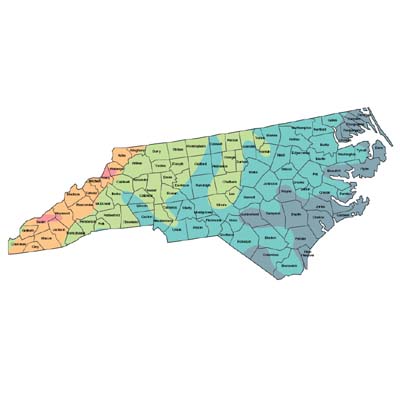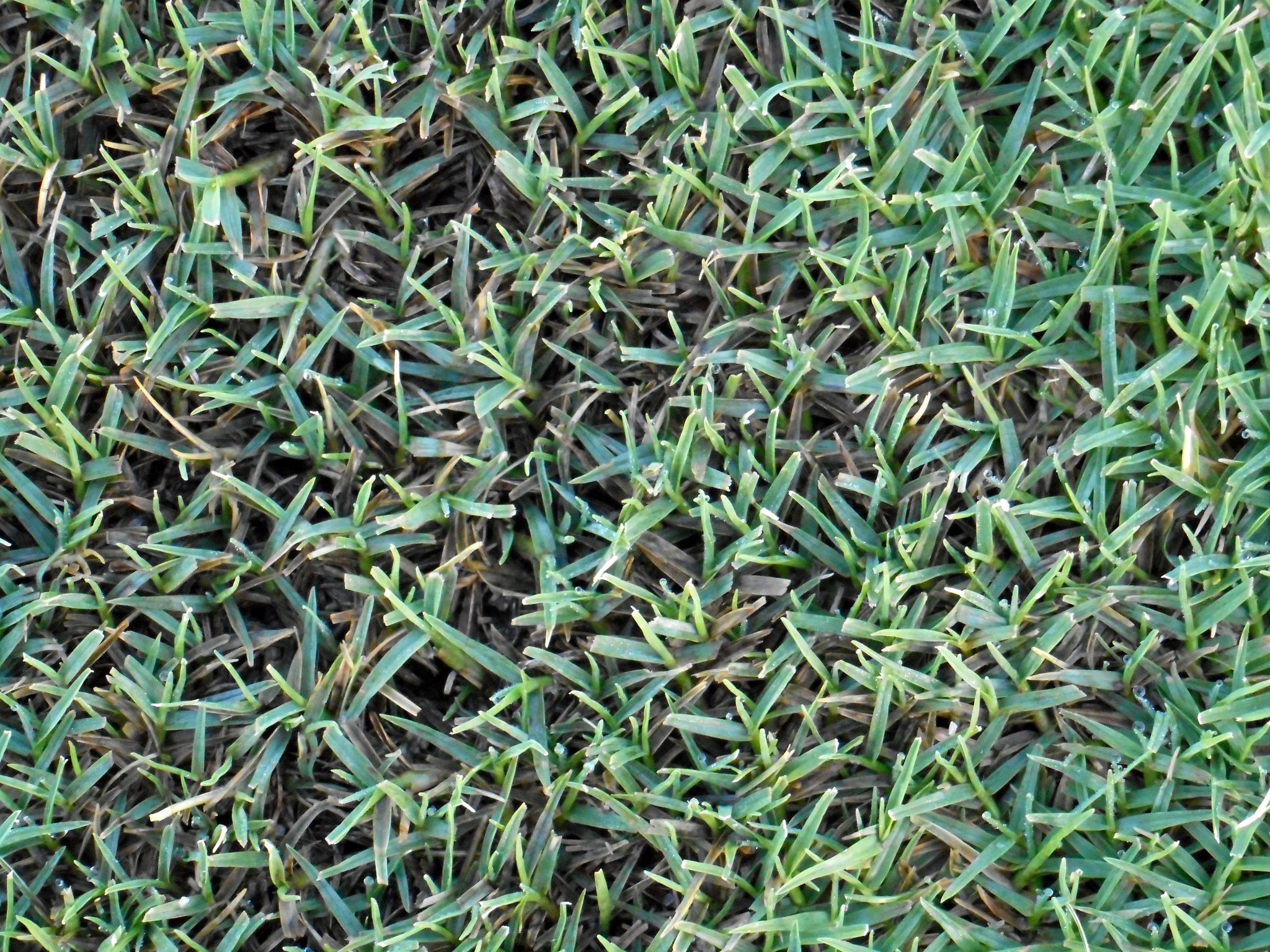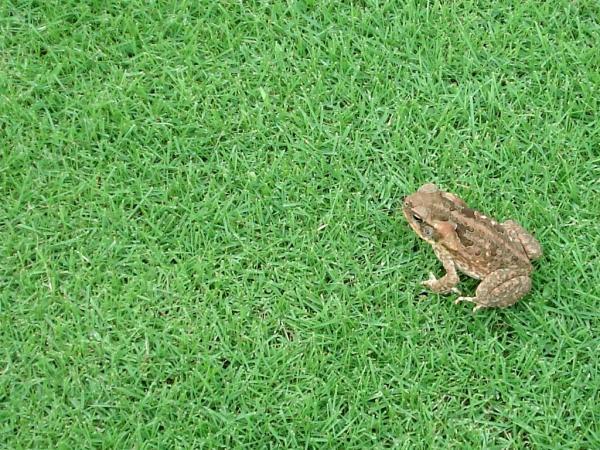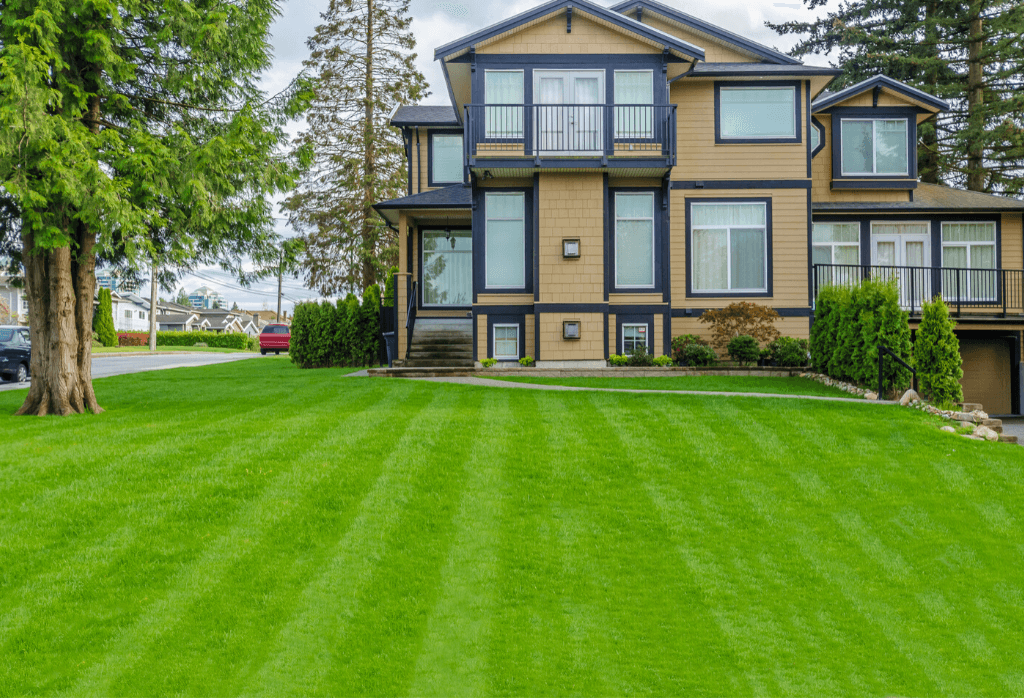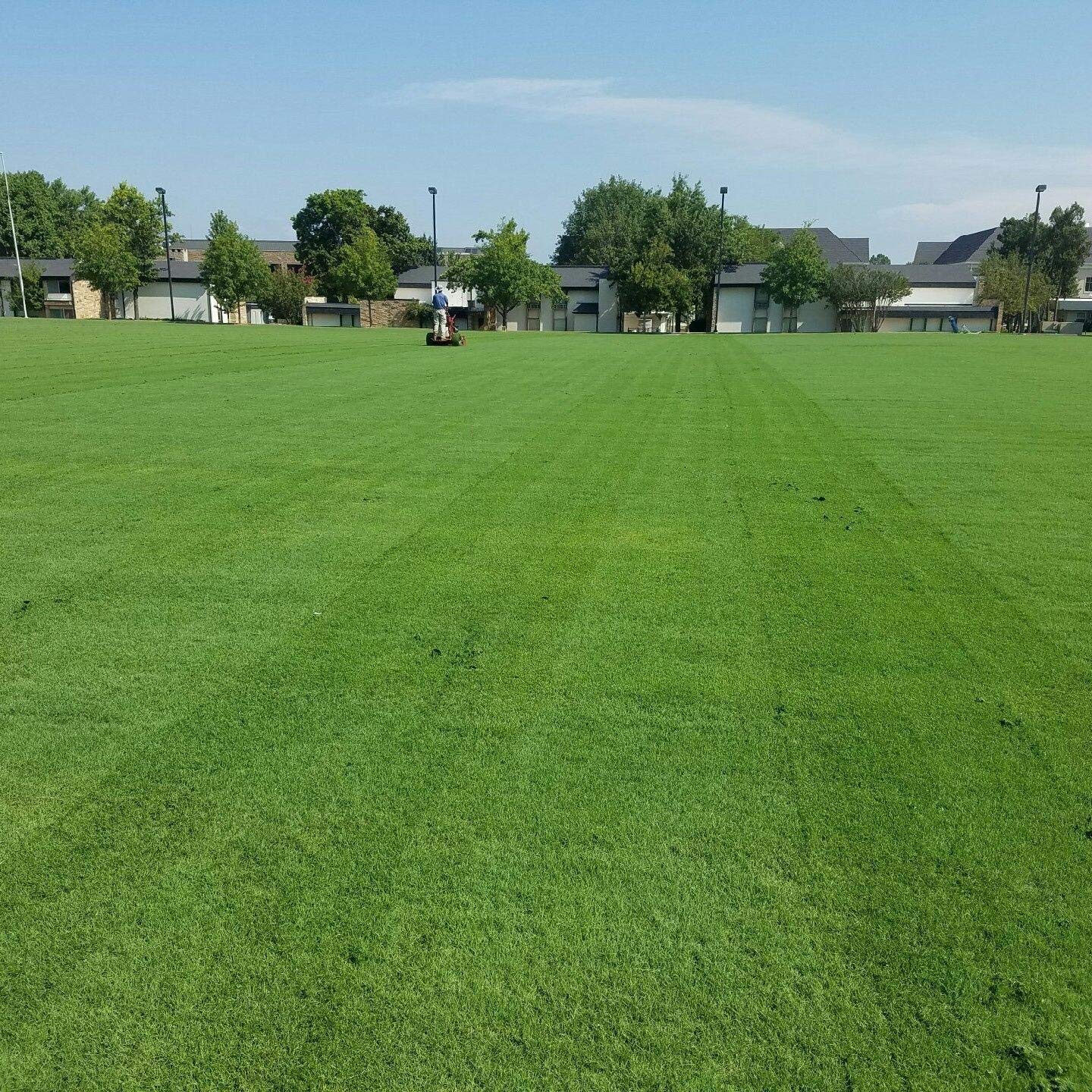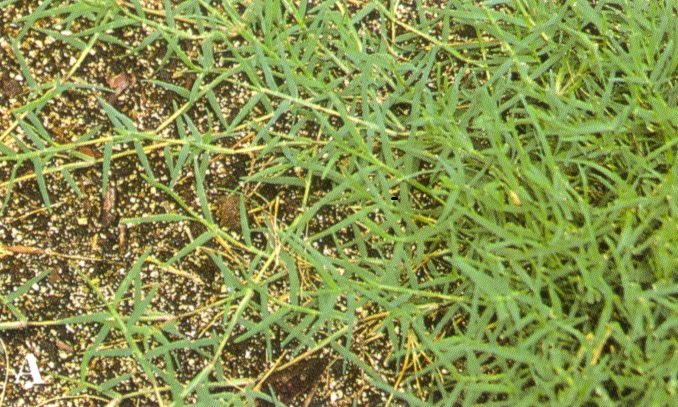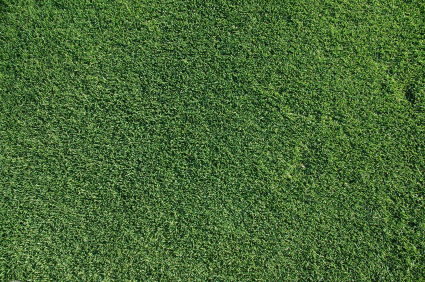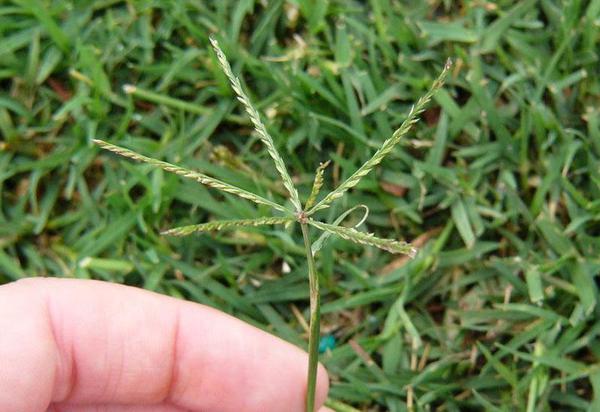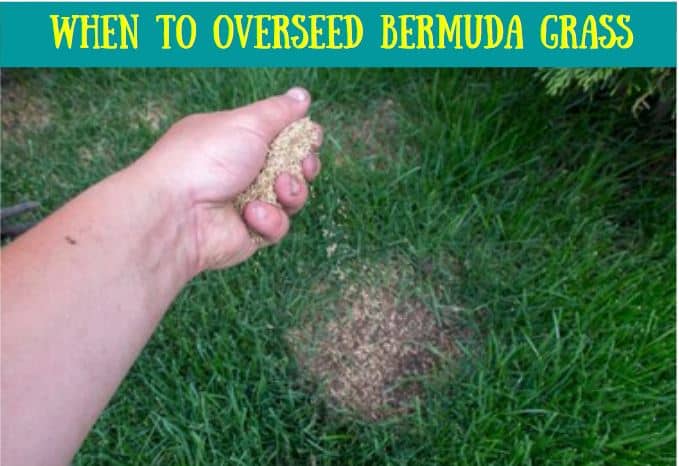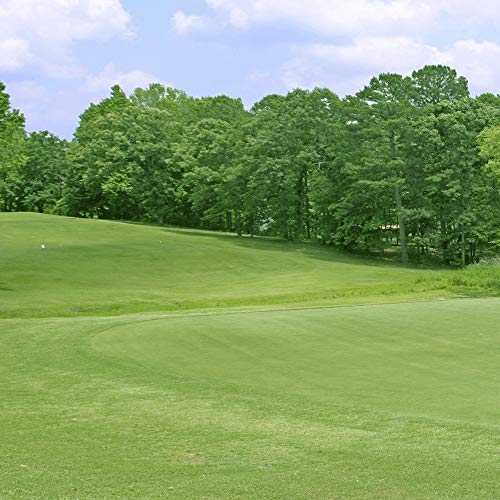Overseeding your lawn in north carolina is a great way to get a thick healthy lawn and fill in bare spots but it s important to find just the right time of the year to do it.
Best bermuda grass seed for north carolina.
Warm season warm climate grass.
Bermudagrass as a weed cultural control.
Bermudagrass lawns perform best when mowed at 0 75 to 1 inch using a reel mower.
Current information on suitable cultivars for north carolina can be found on the nc state turffiles website.
The best way to know which.
However good performance can be achieved with a rotary mower with sharp blades set as low as possible without scalping.
Warm season grasses are adapted to the sandy soils of the north carolina coastal plain and most of the piedmont.
Choose the grass that best meets your preference for color density and texture.
Bermuda grass cynodon dactylon.
Knowing which seed mixture variety will work best for your lawn in north or south carolina involves many variables.
Choose the best grass seed.
Therefore turf managers should select clean seed or vegetative sources for establishment use an adapted turfgrass species and cultivar for their location and use proper mowing and fertilization techniques to maintain a dense actively growing desired turf.
Keep the seedbed continually moist with light frequent irrigation several times a day.
Most lawns are a mixture of different grass seed varieties with each variety making up a set percentage of the total mixture.
Preparing to plant bermuda grass lawns.
Bermudagrasses can be planted using unhulled bermudagrass seed at 1 to 2 pounds per 1 000 square feet.
Bermudagrass is a warm season turf grass and is best planted in spring to late spring or early summer.
Warm season grasses are green in the summer and become brown and dormant in the winter.
You may continue to renovate the lawn throughout the summer months see carolina lawns ag 69.
Grasses used in north carolina generally consists of warm season grasses such as.
Uneven ground can make mowing below 1 inch difficult.
The best time to plant bermuda grass seed is in late spring early summer after soil temperatures are 65 70 degrees or higher and all danger of freeze or frost is past.
Most turfgrasses are difficult to control within another turfgrass.
Plant bermudagrass seeds when soil temperatures are consistently above 65 f 18 c this soil temperature is reached when daytime air temperatures are 80 or higher.
Also consider the characteristics of each site and your goals to determine which types of grass are appropriate.
This generally takes 80 consistent day highs in temperatures to achieve this level of temperature in the soil.
Bermuda zoysia centipede and carpet grass is even used in shady wet areas of the state.
Bermuda grass looks best when thatch growth is managed well.
Bermuda grass will grow best in your warmer coastal regions of north carolina and all varieties require sun and should be cut as low as possible some hybrid bermudas can be mowed at very low heights.

